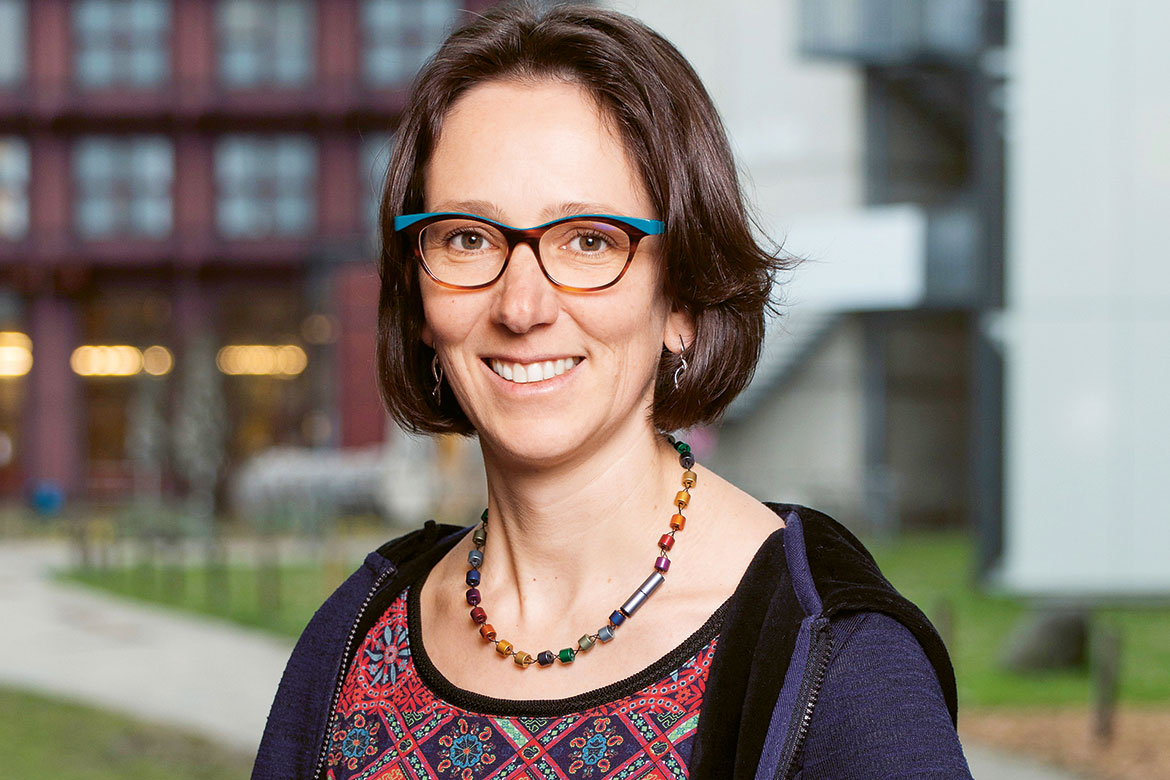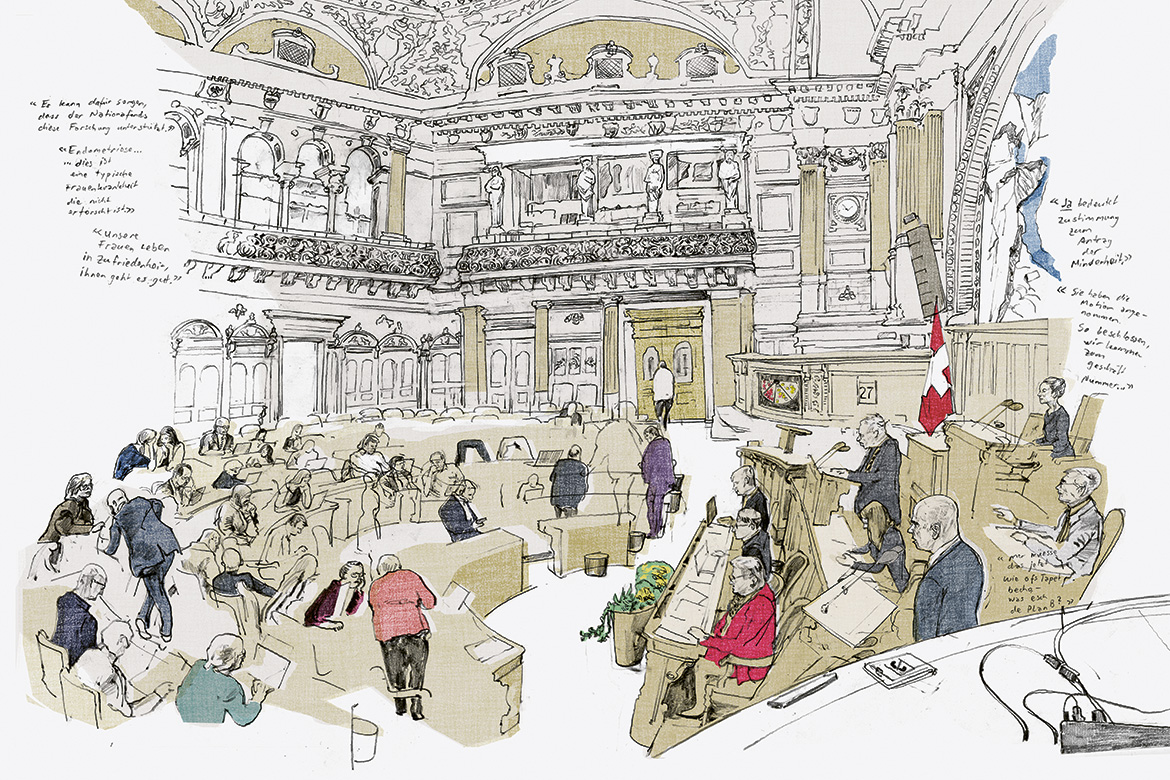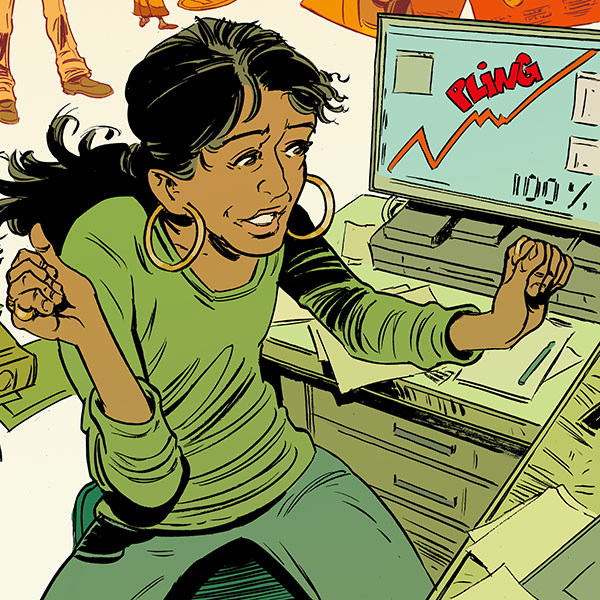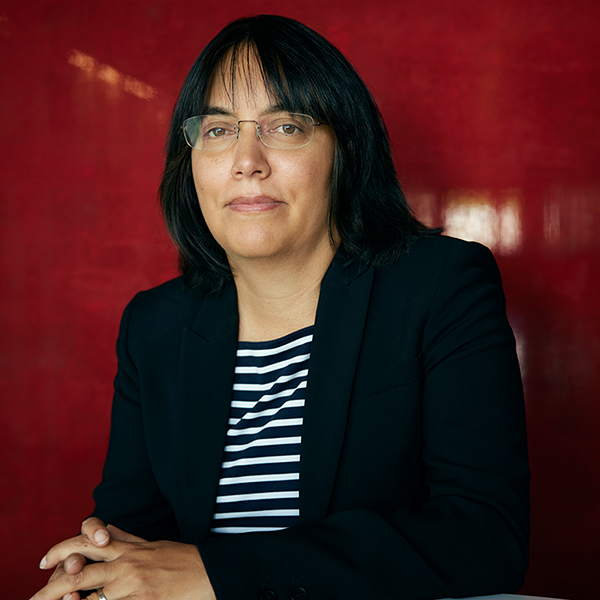Summarising three years of research in three minutes
For three years, Pascale Deneulin studied the minerality of wine. And then in three minutes she won the ‘My thesis in 180 seconds’ contest. She will now represent Switzerland at the international final on 27 September 2018 in Lausanne.

Pascale Deneulin | Image: F. Imhof@UNIL
Summarising three years of research in three minutes is risky. Why take up such a challenge and go on stage?
First, to get out of the lab and to put my work before the general public. Then, as a personal challenge. I had already taken some communication courses offered by Swissuniversities, and I still wanted to learn something and progress.
Doesn’t this exercise trivialise science, which is inherently complex, full of doubts and nuances?
The danger exists. It is very important not to go too far in simplifying things. In my presentation, I deliberately repeated over and over the words ‘statistics’ and ‘probability’, because we have to show that there is a real methodology here, and that in science, results do not come by magic.
How many times did you rewrite your presentation?
I wrote 14 versions! I often rehearsed it alone, during walks or in the car, sometimes by filming myself. In all, there were five or six training modules. It’s definitely an investment, but one that has proved very useful for my professional life: similar techniques are used in scientific congresses to prevent audiences from falling asleep. In networking terms, it’s paid off enormously, leading to some fantastic discussions with other candidates. Between us, there was a lot of mutual help and constructive criticism.
Your secret?
Winning speeches often follow a similar structure: set out the problem, use metaphors to explain complex methods or techniques, summarise the results, and then conclude.
What next?
I am very interested in communication and I want to share my experiences and pass on my knowledge. I already coach my students ahead of their own presentations and will continue to be even more involved.
In 180 characters, what is the minerality of wine?
It’s a metaphor for the word ‘terroir’ [meaning both ‘land’ and ‘local produce’], which is over-used for agricultural products, but which for oenologists adds a mineral field to their animal vocabulary (‘body’, ‘fat’, ‘thigh’).




